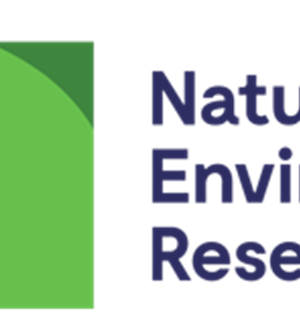- Norwegian Research Centre (NORCE) - Norway,
- Nibio - Norway,
- Norwegian Institute of Food, Fisheries and Aquaculture Research (Nofima) - Norway,
- University of California, Berkeley - United States,
- Chinese academy of sciences, State Key Lab of Mycology - China,
- Norwegian University of Life Sciences (NMBU) - Norway,
- Bellona - Norway,
- Norwegian Farmer’s association - Norway
Could fungi be Dr. Jekyll and Mr. Hyde in the plastic litter problem? The "Jekyll & Hyde" project will deal with two challenges with potentially serious consequences for the environment, animal and human health: The increasing amount of plastic waste in the environment and the spread of biocides and harmful bacterial and mold species. Both the increasing amount of plastic waste in the environment and the occurrence of harmful microorganisms are well-known problems. Plastic is used in virtually every part of society and despite an increasing degree of recycling, we currently have no definitive solutions for breaking down plastic waste. A result of this is an accumulation and spread of plastic waste in nature. At the same time, we are concerned about the presence of biocides in the environment and various foodstuffs, which, together with harmful microorganisms, may pose a significant health risk for animals and humans. So far, we don’t have sufficient information about whether plastic waste in the environment can contribute as a vector in the transport of biocides and / or harmful microorganisms. In the Jekyll & Hyde project, we will investigate the role plastic waste plays in the spread of harmful microorganisms in the environment. On the other hand, we will investigate the ability of selected mold species to break down plastic waste, thereby help reducing the occurrence of plastic in the environment. First, plastic waste will be collected from all over the country with the help of public research. The plastic samples will be analyzed for biocides, and bacteria and molds on the plastic will be identified. This will give us an overview of the extent of the challenges linked to the spread of biocides and microorganisms and we will then test selected mold species for their ability to break down plastic waste. The aim of the project is to give us a better understanding of the challenges associated with the spread of plastic waste in the environment, as well as to use the properties of selected molds to reduce the plastic waste problem. The project information has been extracted from the Project Bank of the Research Council of Norway.
Want to analyze based on this project via our analysis tool? Analyze this project
Knowledge Gaps
Degradation
Biological processes and biotic interactions with plastic
Environmental effects and ecotoxicity
Chronic or long-term effects, multiple forms and/or sources
Environmental exposure

